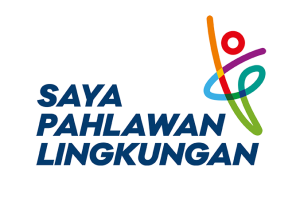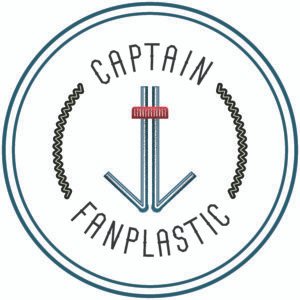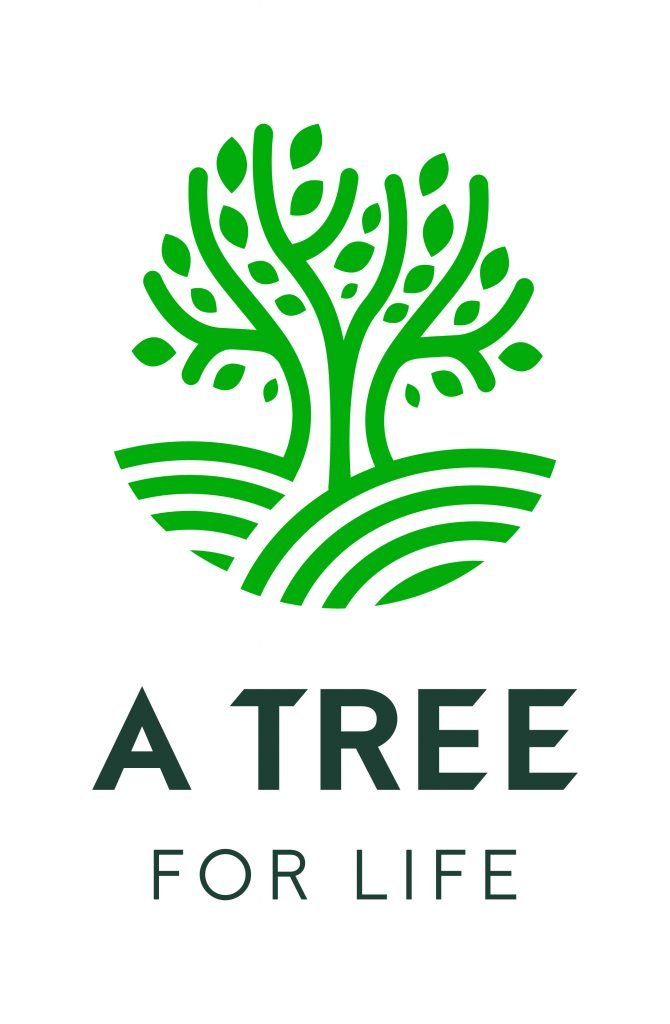Our Programs
Our work is focused on raising awareness about environmental sustainability and making sure the message reaches people all across the archipelago. We achieve our goals through Awareness, Education, Conservation and Disaster Relief Programs.
Awareness Program
Hari Bersih Indonesia started in 2019, after 6 years of organising city-wide clean-up day in Jakarta, Clean Up Jakarta Day. We support Jakarta's Environment Agency (Dinas Lingkungan Hidup DKI Jakarta) to raise awareness of of Hari Peduli Sampah Nasional (National Trash Awareness Day).
Hari Bersih Indonesia is a volunteer-based annual event that takes place simultaneously at hundreds of locations nation-wide. In 2023, over 70,000 volunteers collected 426+ tonnes of waste from cities, beaches, mountains and oceans.
Hari Bersih Indonesia 2025 will take place on Saturday, 22 February all over Indonesia! And TrashFest will take place on Sunday, 23 February 2025 in Jakarta!
Education Program
 Our Environmental Sustainability Education Program (ESEP) started in 2019 to educate future generations on environmental sustainability and groom them to become future agents of change. We call this program, Saya Pahlawan Lingkungan (I am an Environmental Hero).
There are two pillars to this education program:
1. Training of Masters (ToM), where we educate teachers of national schools how to teach environmental sustainability, supported by guide books (buku panduan), which have been approved by the Education Agency of Jakarta(Dinas Pendidikan DKI Jakarta) for intra-curricular use.
Our Environmental Sustainability Education Program (ESEP) started in 2019 to educate future generations on environmental sustainability and groom them to become future agents of change. We call this program, Saya Pahlawan Lingkungan (I am an Environmental Hero).
There are two pillars to this education program:
1. Training of Masters (ToM), where we educate teachers of national schools how to teach environmental sustainability, supported by guide books (buku panduan), which have been approved by the Education Agency of Jakarta(Dinas Pendidikan DKI Jakarta) for intra-curricular use.
 2. Captain Fanplastic, where we visit schools in Java and Bali to raise environmental literacy through an experiential program, in order to manage, prevent and reduce plastic pollution globally. This fun and engaging program utilises pop-up storytelling events and gamified cleanups with the aim to build a society of active citizens that demonstrate compassion towards the environment, apply circular thinking and contribute to the UN’s SDGs 4, 12 and 14.
2. Captain Fanplastic, where we visit schools in Java and Bali to raise environmental literacy through an experiential program, in order to manage, prevent and reduce plastic pollution globally. This fun and engaging program utilises pop-up storytelling events and gamified cleanups with the aim to build a society of active citizens that demonstrate compassion towards the environment, apply circular thinking and contribute to the UN’s SDGs 4, 12 and 14. Disaster Relief Program
 The Train of Joy is a program in collaboration with MAN Forum that aims to help communities overcome post-disaster stress, restore social dynamics and wellbeing, and build capacity for sustainable natural disaster management – in a sustainable way. We launched the program in Sukajaya in Bogor, West Java, a village affected by floods and landslides in early 2020.
Working with other NGOs, we set up: a public kitchen; water filtration system so villagers can safely drink ground water and reduce their consumption of single-serve plastic bottles; a hydroponic farming system; a temporary shelter for group activities; food and cooking essentials; reusable tumblers; as well as clothing and stationery for the children.
The Train of Joy is a program in collaboration with MAN Forum that aims to help communities overcome post-disaster stress, restore social dynamics and wellbeing, and build capacity for sustainable natural disaster management – in a sustainable way. We launched the program in Sukajaya in Bogor, West Java, a village affected by floods and landslides in early 2020.
Working with other NGOs, we set up: a public kitchen; water filtration system so villagers can safely drink ground water and reduce their consumption of single-serve plastic bottles; a hydroponic farming system; a temporary shelter for group activities; food and cooking essentials; reusable tumblers; as well as clothing and stationery for the children.
The Train of Joy concept, modules and working toolkits can be taken to new “stations”, or other areas affected by natural disasters, as Community Capacity Building (CCB) platforms for affected areas.
Program aims include:
- To provide medium- to long-term Post Traumatic Stress relief for children through non-formal education.
- To work in collaboration with the local youth (Karang Taruna), schools, government and others NGOs to sustain these programs and to support first, emergency schooling development, then community resilience.
- To make the program an instrument to implement, monitor and evaluate capacity for the mitigation and adaptation to natural disasters.
- To increase literacy in climate change and related environmental issues.
Conservation Program
 Our aim is to plant a million trees across Indonesia, starting with mangroves.
Trees are the lungs of our planet. They filter clean air, provide fresh drinking water, help curb climate change, and create homes for thousands of species of plants and animals.
Why mangroves? Mangroves sequester massive amounts of carbon to combat climate change, protect coastal areas from erosion and abrasion, and serve as nurseries and crucial habitat for a wide variety of marine life, including endangered animals. Mangrove forests are dynamic areas, rich in food. Live and decaying mangrove leaves and roots provide nutrients that nourish plankton, algae, fish and shellfish.
Our program started in the Thousand Islands, Greater Jakarta, but has expanded to other coastal areas in Indonesia, including Brebes in Central Java and South Sulawesi. We look for coastal areas where abrasion, erosion and habitat destruction have been severe, working with local tree growers to help reforest, restore, conserve and protect the mangrove forests in the area.
Our aim is to plant a million trees across Indonesia, starting with mangroves.
Trees are the lungs of our planet. They filter clean air, provide fresh drinking water, help curb climate change, and create homes for thousands of species of plants and animals.
Why mangroves? Mangroves sequester massive amounts of carbon to combat climate change, protect coastal areas from erosion and abrasion, and serve as nurseries and crucial habitat for a wide variety of marine life, including endangered animals. Mangrove forests are dynamic areas, rich in food. Live and decaying mangrove leaves and roots provide nutrients that nourish plankton, algae, fish and shellfish.
Our program started in the Thousand Islands, Greater Jakarta, but has expanded to other coastal areas in Indonesia, including Brebes in Central Java and South Sulawesi. We look for coastal areas where abrasion, erosion and habitat destruction have been severe, working with local tree growers to help reforest, restore, conserve and protect the mangrove forests in the area.
You can join this program with as little as S$1, which plants 1 mangrove tree! Planting trees makes a great gift for a loved one, and is also an excellent way of offsetting your company’s carbon footprint. You will receive an e-certificate and a donation report, including carbon offset calculation.
Help us reach our goal of planting 1 million mangroves by the year 2025!
Plant-Based Asia Summit
 The Plant-Based Asia Summit is an annual virtual event that inspires a healthier and more sustainable Asia Pacific. This popular event takes place over a period of 3-5 days, featuring global experts and leaders in health, sustainability, food tech and fitness.
[embed]https://www.youtube.com/watch?v=Ngy6bCJrICQ&t[/embed]
The Plant-Based Asia Summit is an annual virtual event that inspires a healthier and more sustainable Asia Pacific. This popular event takes place over a period of 3-5 days, featuring global experts and leaders in health, sustainability, food tech and fitness.
[embed]https://www.youtube.com/watch?v=Ngy6bCJrICQ&t[/embed]
Through the Plant-Based Asia Summit, we aim to raise awareness and educate people in the Asia and Pacific region to the many health and environmental benefits of a plant-based lifestyle. Some of the goals include:
- To inspire more people in the region to adopt a plant-based lifestyle, or at least drastically reduce their meat and dairy intake in order to reduce carbon emissions and mitigate the effects of climate change and reduce the risk of chronic disease
- To educate on the fundamentals of whole foods plant-based nutrition as well as provide the framework to implement this diet into people's lifestyles
- To provide knowledge and inspirational stories from health experts, leaders, and environmentalists who are flourishing on a plant-based lifestyle
- To inspire people to make a change, starting with themselves as individuals
